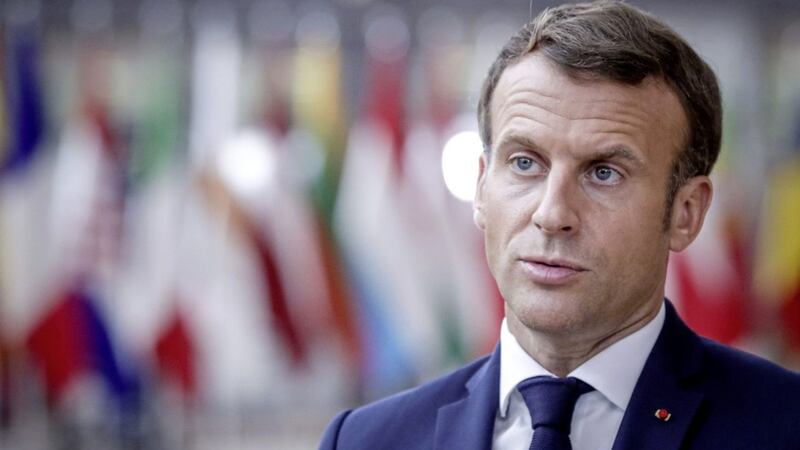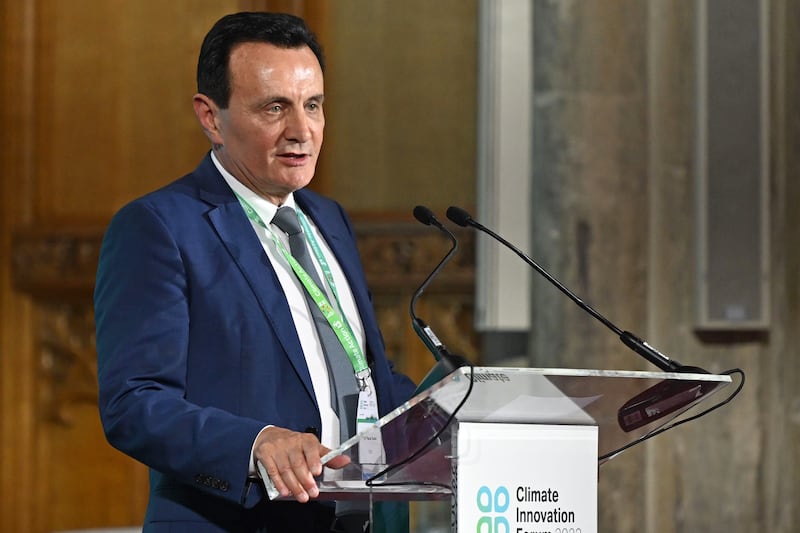Germany, France and Italy have suspended use of the Oxford/AstraZeneca coronavirus vaccine as a precautionary measure amid reports that some people developed blood clots after receiving the shot.
French President Emmanuel Macron told a news conference that authorities in the country have decided to suspend jabs at least until Tuesday afternoon, when the European Medicines Agency will issue its recommendation over the vaccine.
He said France hopes to be able to vaccinate again with AstraZeneca shots “soon”.
AstraZeneca and global health authorities insist the vaccine is safe.
Health minister Jens Spahn said the decision to suspend the vaccine in Germany was taken on the advice of the country’s national vaccine regulator, the Paul Ehrlich Institute, which called for further investigation into seven reported cases of clots in the brains of people who had been vaccinated.
Italy’s medicines regulator announced a precautionary, temporary ban and said the decision “was taken in line with similar measures adopted by other European countries”.
It added that “further looking into the matter is currently under way”.
The announcement came a day after the latest known death of a person in Italy shortly after receiving the vaccine.
A 57-year-old clarinet teacher, who received the vaccine in the northern Piedmont region on Saturday evening, as part of a national rollout for teachers, died at home early on Sunday morning.
Post-mortem examinations have been ordered for that death, as well as to a handful of other deaths last week of others in Italy who had received the vaccine.
Yesterday the Republic temporarily halted use of the AstraZeneca vaccine, following in the footsteps of Denmark. Other countries to stop using the jab include Thailand, the Netherlands, Norway, Iceland, Congo and Bulgaria.
Blood clots can travel through the body and cause heart attacks, strokes and deadly blockages in the lungs.
AstraZeneca has said that there is no cause for concern with its vaccine and that there were fewer reported thrombosis cases in those who received the shot than in the general population.
The European Medicines Agency and the World Health Organisation have also said that the data does not suggest the vaccine caused the clots and that people should continue to be immunised.
Mr Spahn said of the decision to suspend the AstraZeneca shot: “The most important thing for confidence is transparency.”
He said the European Medicines Agency would determine whether and how the new information will affect the authorisation of the vaccine across the continent and expressed hope that the Amsterdam-based regulator would make a decision on the issue this week.
According to the European Centre for Disease Prevention and Control, Germany has received slightly more than 3 million doses of the AstraZeneca vaccine. Mr Spahn said about 1.6 million doses of the shot have so far been administered in the country.








